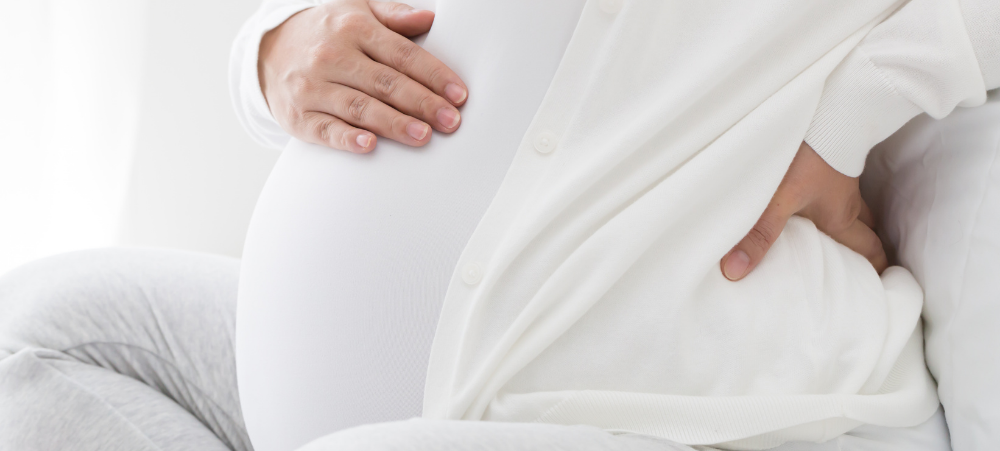
Making The Most Of The Last Few Weeks Of Your Pregnancy
No doubt you’re excitedly waiting for your little bundle of joy to make his or her entrance into the world. During the last few weeks of pregnancy, it’s natural to feel tired and to experience an achy back. After all, your baby grows a whopping six inches during the last trimester, according to Health Line. However, these final weeks provide you with ample opportunity to prepare for the big day and the big changes that come with a newborn. Set up nappy changing stations A newborn baby will typically go through 12 disposable nappies per day. With so many nappy changes to come, it’s best to be prepared. Set up a nappy changing station which provides easy access to wipes, nappies, nappy sacks, and nappy rash ointment both upstairs and downstairs. By having multiple stations in your home, you won’t have to constantly run up and down the stairs with a baby in tow, using up all your energy. Batch cook The foods you eat are passed onto your baby in your breast milk, so it’s important to eat well after giving birth. Even if you’re not breastfeeding, you’ll need good nutrition in order to keep your energy levels up. Therefore, use the last few weeks of your pregnancy to batch cook nutritious and healthy meals which can be pulled out of the freezer following your baby’s arrival. Lasagnes, cottage pies, stews, and casseroles all freeze well and will provide you with satisfying meals, too. Prepare your hospital bag It’s advisable to have your hospital bag packed and ready to go by the time you’re 36 weeks pregnant. However, when you’re preparing to give birth, some mums-to-be prefer to leave the packing until last minute so they can be sure they’ve got everything that they need. Following a vaginal birth, you can expect to stay in the hospital for two days and one night. Whereas, after a c-section, you’ll most likely stay for three days and two nights. Therefore, it’s essential you’ve got enough supplies to see you through. Be sure to pack plenty of nappies and baby toys for your little one. Meanwhile, you’ll need items to keep you comfortable, such as pyjamas, dressing gown, and slippers, as well as more practical items, including disposable underwear and maternity pads. Rest up and relax Show Me South Africa reports that 24% of new mums only manage to get two to hours continuous sleep following the birth of their baby. Therefore, the last few weeks of pregnancy should be embraced and utilised. Use this time to get as much rest and to relax as much as possible. Catch up on your favourite shows, get a massage or have a manicure and relish those last few baby-free weeks. Parents-to-be should ensure they enjoy the last few weeks of pregnancy and use this time to prepare for their baby’s imminent arrival. By setting up nappy stations in your home, batch cooking and freezing meals, getting your hospital bag ready, and resting, you’ll be more than prepared for your newborn’s arrival.






























